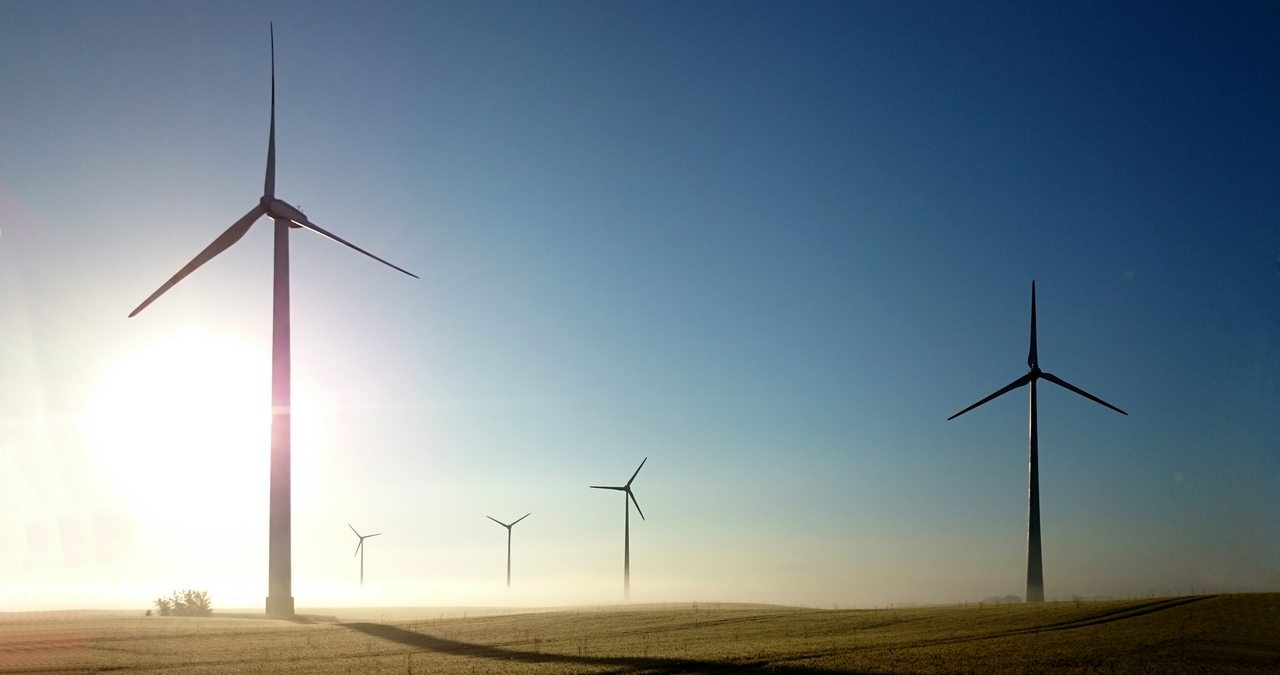The Autumn Statements been and gone but there was no mention of the energy crisis afflicting so many. But the season’s turning and the weather’s changing. A cold snap has arrived but prolonged cold’s now here for many, along with the dark nights.
It spells misery in households across the land. Yet nothing shows the absurdity of current policy and indeed the perversity of its implementation, that an Energy Rich Land should see so many of its people Fuel Poor. And that’s the certainly the case for Scotland.
There was no support forthcoming for those struggling to heat their homes. Yet costs as National Energy Action detail are on average £800 more than when the energy crisis first hit. They may be slightly lower this winter with the reduction in the Energy Price Cap, but the reality is that prices will still be higher, as there’s no £400 government support to assist. Yet, it’s not as if there’s no money. Aside from other matters being prioritised the Chancellor has benefitted from £1.1billion across the UK and £96 million in Scotland from VAT on higher bills.
It’s not just heat that’s affected but access to power. That means the ability of a mother to wash her kids’ clothes to maintain the dignity she seeks to uphold. The parent to power up the school Ipad to help their child’s education and improve their life chances. Or for worker to charge their phone to obtain the work they desperately seek or even do the additional hours the government wants them to do. Even more shamefully to plug in the medical equipment that their illness necessitates or maintain the heat required given their especial vulnerability.
Despite repeated posturing the government has still failed to deliver a social tariff that would provide a lifeline for many and address those issues. It’s a policy even supported by many suppliers and delivered without any difficulty in numerous other lands. Never mind seeking to mitigate the shameful statistics in Scotland last winter where the Scottish Ambulance Service saw a massive surge in hypothermic callouts.
Even where there’s been action its painfully slow. Standing charges remain a poll tax on energy. The poorest households facing the same charges as the billionaire in his mansion with his swimming pool. It’s being consulted on by Ofgem but that doesn’t even close until January with a decision some time still to come. Accordingly, another winter looms with costs higher and yet borne disproportionately by the poorest and most vulnerable.
The injustice in standing charges isn’t just their unfairness to the individual but how it applies geographically. Scotland’s further north than the rest of the UK and its climate’s colder. Fuel poverty statistics are worse especially in the north and the islands. Yet standing charges are higher in Scotland, and even in northern England, than in London.
The unfair differential applying irrespective of payment mode across direct debit, standard credit or pre-payment meter (PPM). The UK’s divided into regional areas and in Scotland, it’s north and south, basically, that’s really the Highlands and Lowlands.
PPMs, for example, which invariably include the poorest and most vulnerable see’s standing charge daily rate 69p in southern Scotland, 66p in northern Scotland yet only 46p in London.
People are literally counting the pennies to afford electricity but, on an annualised basis, the average standing charge amounts to £251.64 in southern Scotland, £241.84 in northern Scotland, yet only £166.13 in London.
Now it’s argued that overall costs are still in lower in Scotland. Perhaps true. But standing charges hit the poorest and those who use least most. Also, Scotland’s climate’s colder and fuel poverty rates are higher. Reflected to a lesser degree in Northen England. It’s why standing charges should be abolished now, and again, many suppliers agree.
Scotland ’s energy rich. Not just oil and gas but now renewables. Almost 100% of Scottish domestic energy can now be provided by the new clean bounty. Folk can see the turbines turning from their doors, but they can’t heat or power their homes.
It’s not just absurd but perverse that an Energy Rich Land should see over a third of its people in fuel poverty.


